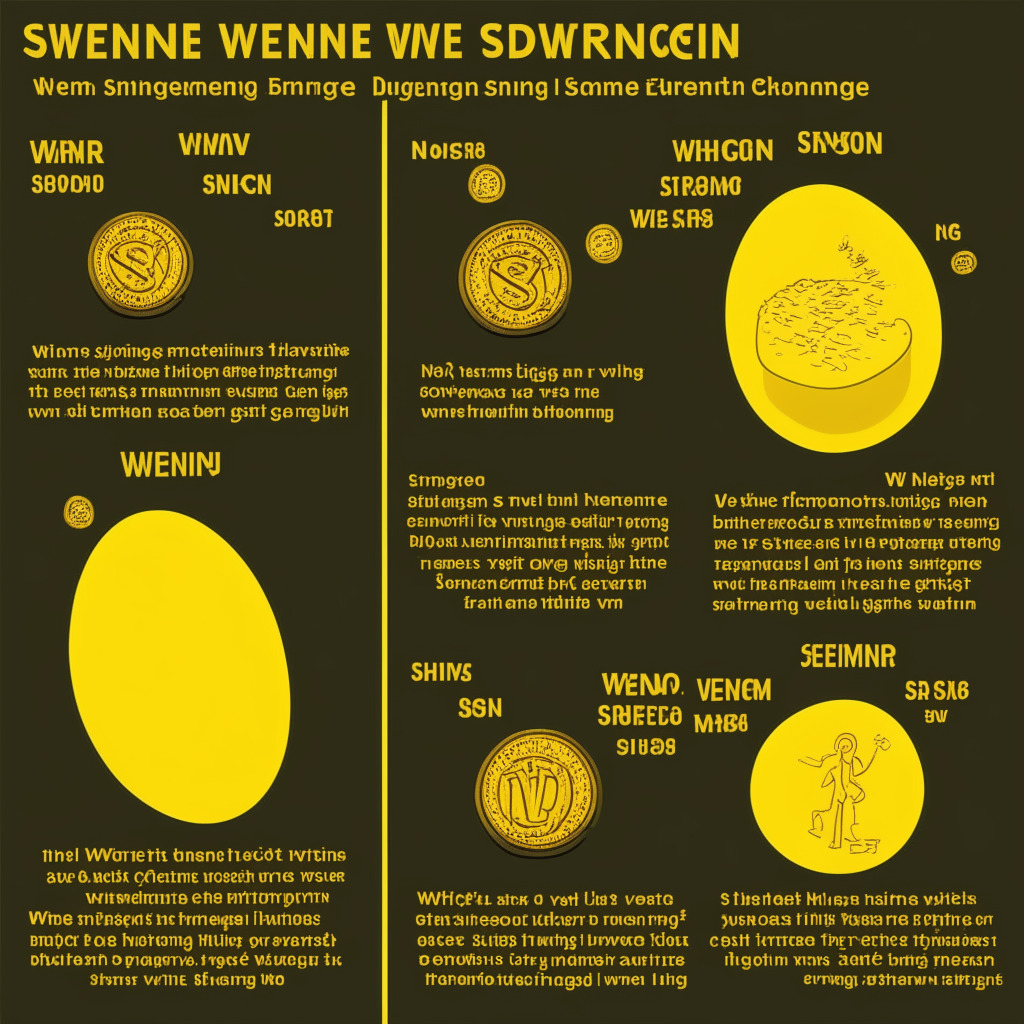The pro-focused non-fungible token (NFT) marketplace Blur has certainly caught the attention of the crypto community with its recent foray into the NFT lending space. This past Monday, Blur launched Blend, a peer-to-peer NFT lending platform designed to allow traders to lease out their NFTs to collectors seeking blue-chip NFTs without the full upfront payment.
Blur claims that Blend aims to introduce new buyers to its ecosystem by lowering fiscal barriers for popular NFT collections, thereby driving liquidity into the broader NFT market. However, this enticing prospect isn’t without concerns, particularly for amateur traders.
Indeed, data from NFT marketplace OpenSea suggests that since Blend’s launch on May 1, the floor prices of some blue-chip NFT collections like Bored Ape Yacht Club and Mutant Ape Yacht Club have experienced a slight boost. This hints at a possible positive impact on the NFT market, but there are potential pitfalls.
The NFT lending platforms such as Blur raises the risk of inexperienced collectors purchasing tokens with funds they don’t have, leading to liquidity risks when collection floors or cryptocurrency prices collapse. Carl_m101, the founder of NFT collection Sky Scooters, points out the risk of unseasoned buyers “fomo-ing” into projects they couldn’t previously afford or taking loans on their PFPs to buy more.
Additionally, as Blend is a product directly from Blur, one of the leading NFT marketplaces in terms of trading volume, this may lead many of its users to opt for leasing NFTs rather than purchasing tokens, further affecting the market and potentially the native BLUR token as well. Bamboo, a strategic lead at NFT trader’s club Invite Only Lounge, warns that this could negatively impact the broader crypto ecosystem.
Although Blur may be one of the first major NFT marketplaces to introduce its own in-house lending platform, it isn’t the first concept of pawning NFTs in the market. Critics like PirateCode and Cryptobiosis, the pseudonymous co-founders of the peer-to-peer NFT lending platform BendDAO, have expressed concerns over whether Blend’s refinancing process will effectively protect lenders.
Additionally, the process of taking out loans to purchase NFTs on the platform has drawn scrutiny. Jonathan Gabler, co-founder of peer-to-peer NFT lending platform NFTFi, believes that while Blend’s initiative to bring liquidity into the market is innovative, it could also lead to mass defaults, liquidations of high-risk loans, and increased market volatility.
In conclusion, the introduction of Blend by Blur has brought both excitement and concerns in the NFT and broader crypto communities. While it appears to bring new opportunities for buyers and traders, it’s crucial for both seasoned and amateur traders to remain vigilant and fully understand the possible risks and potential implications that come with such platforms.
Source: Coindesk




